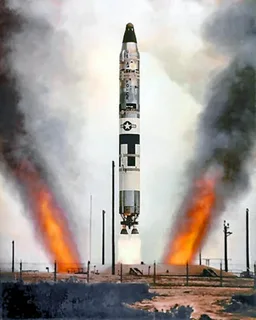Declaration of Martial Law

South Korea declares and lifts martial law Yoon Suk Yeol, the president of South Korea, unexpectedly imposed martial law early on Tuesday. But six hours later, he said that the ruling will be overturned. At 4:30 AM (local time), President Yoon addressed the nation, stating, “A request to lift the emergency was submitted to the National Assembly, and we have withdrawn the military deployed for martial law operations. We will honor the assembly’s request and officially revoke martial law through a cabinet meeting.”
National Assembly’s Opposition
South Korea declares and lifts martial law The National Assembly convened a special midnight session to oppose the martial law declaration. The resolution was overwhelmingly rejected by lawmakers, who denounced the attempt to regulate the media and limit political activity. President Yoon and military commanders decided to honor the result of this vote. The government convened an emergency meeting at five in the morning, thus ending one of the briefest periods of martial law in South Korea’s history.
Political and Public Reaction
South Korea declares and lifts martial law Widespread demonstrations outside the National Assembly were triggered by the proclamation. While security officers used tear gas to separate gatherings, politicians and protesters screamed anti-decision chants. The currency of South Korea also declined as a result of the conflict.
Citing the necessity of opposing “anti-state forces,” President Yoon justified his choice. This was South Korea’s first proclamation of martial law in almost 50 years; the last one was in 1980. There was a lot of domestic criticism to the decision since many people believed it threatened South Korea’s democratic norms.
Global and Financial Consequences
The imposition of martial law in South Korea, a major ally of the United States and one of Asia’s largest economies, caused international alarm. President Yoon did not identify any urgent threats from Kim Jong-un’s dictatorship as justification for the dramatic action, despite the fact that the nation is constantly threatened by its nuclear-armed northern neighbor, North Korea.South Korea declares and lifts martial law
Pressure from domestic politics on President Yoon
Since his People Power Party party lost badly in the general elections held in April, President Yoon has been under a lot of political pressure. The opposition now holds a two-thirds majority in the National Assembly as a consequence of the results. He is also among the least popular leaders in modern South Korean history, with approval ratings having fallen to about 20%.
conclusion
Although martial law was quickly lifted, the experience brought to light the profound political conflicts in South Korea. Critics saw the action as an abuse of authority, notwithstanding President Yoon’s justification of security concerns. Although South Korea is still a thriving democracy as of right now, the tragedy has caused many people to wonder how to strike a balance between democratic government and national security.





